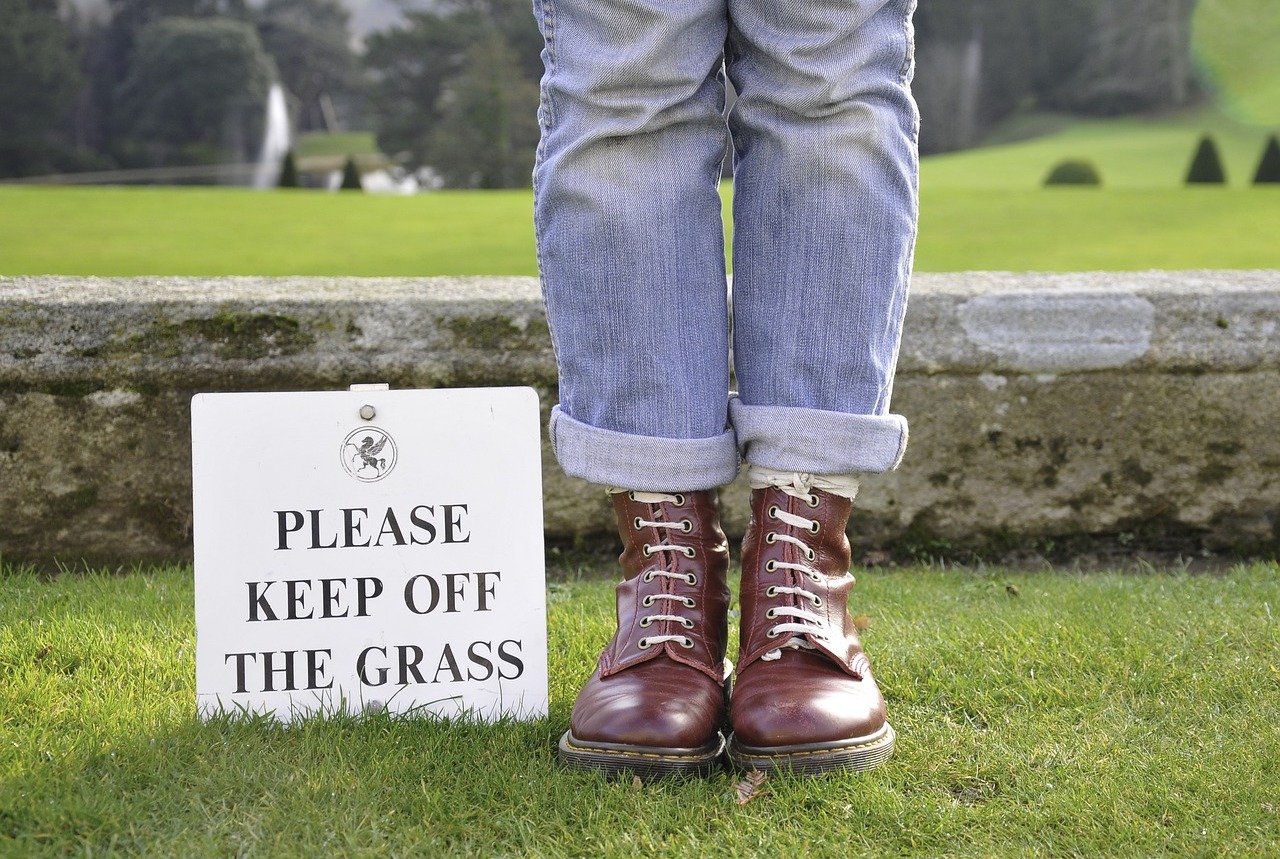When did we stop being willing to pay for the things we value? Who told us we should get everything for free?
Remember the old saying, “You get what you pay for?” This way of thinking seems to have disappeared. Today’s consumer motto is more along the lines of “I deserve it, but I shouldn’t have to pay for it.”
- We value news and information, but we refuse to pay for subscriptions and/or access to online articles.
- We value being able to get things delivered to our doorstep, but we’ll do whatever we can to avoid shipping charges.
- We value being able to drive our cars all over the place, but we whine incessantly when the price of fuel creeps up a few cents, even though gas prices in the US are some of the lowest in the world.
And yet, we do fork over our hard earned cash for certain things. Quite a bit of it, actually. Cable TV. Cell phone plans. Grande Frappuccinos. Anything to do with pets.
So what’s the difference?
It’s all about the training
Training a dog to wear goggles might be hard, but training a human not to pay for things is extremely easy. And businesses do it all the time. By offering their services for free.
Facebook. Skype. Gmail. Pandora.
Tons of people use some or all of these services regularly. Religiously, even. But I dare you to suggest that someone pay a fee to access one of them. Go ahead! Try it. People go ballistic. Not because they don’t love the products, but because they are already getting them for free.
And we humans are so easily trained to expect things for free.
If you love it, why not pay for it?
Let’s talk about Pandora. Have you upgraded your service yet? I did this years ago and count it as one of the best decisions I have ever made. No kidding. For about five bucks a month, I can listen to Pandora Plus 24 hours a day if I want to, with as many skips and thumbs down as I want, and no commercials ever. Seriously. It’s the BEST.
But most of my friends and loved ones will never know this musical bliss. They will continue to allow their sweet jams to be constantly interrupted by commercials, and suffer through songs they don’t like, because they refuse to pay for something they can get for free.
Here’s an excerpt from a real, live conversation I had recently:
Me: “You haven’t updated your Pandora account yet? It’s, like, five dollars a month. And you don’t have to listen to all of these stupid commercials.”
Person whose name will not be mentioned: “Why would I pay five dollars a month when I can get some sucker to give it to me for free?”
Me: “Because it’s such a better experience. And so worth it!”
Stubborn unnamed person: “But it’s free.”
The problem with free
The thing is, I know plenty of people who willingly pay two or three times that amount for music streaming. And they’ll do it without complaining.
Can you guess why?
Because they were never offered a free option. The expectation that these services have value and are worth paying for was set up from the start.
The same goes for anything else that people regularly pay for, including gas. Because oil prices fluctuate, so do fuel prices. And once we’ve paid less for something, look out. We do NOT like to go back to paying more. We might do it, but we will also stomp and scream and cry about it. And you can forget about brand loyalty. We’ll drive 17 miles to another station just to save 3 cents a gallon. (Please don’t do the math on this.)
It’s the same psychology behind discounts and clearance sales. Everybody loves a good sale, right? Customers love them because they can get cool stuff at discounted prices. Retailers love them because they make more money and get tons of new customers.
But do they really?
- Sure, a great sale will inspire people to buy more product. But depending on the discount, businesses may be drastically reducing their profit margins or even losing money on the deal. Think about it. They don’t call it a “steal” for nothing.
- As for all those happy new customers? Well, they’re happy all right. They know they paid under market value for what they got, but they have no plans to become part of your loyal, paying clientele. Instead, they will reward your efforts by bragging about their conquests and holding out for the next big sale.
By giving your stuff away, you’ve lost out on profit and trained your potential customers to never to pay full price for your offerings.
It’s time to shift your thinking
If you’re a for-profit business, throw FREE out the window. Believe in your product, set the expectation of value, and charge accordingly.
- Train potential customers to recognize that your stuff is worth paying for.
- Train yourself to recognize that if you can’t make a profit on what you do, you do not have a sustainable business model.
If you’re a consumer, think about the things you value, then be willing to support the businesses and organizations who provide them. If your favorite product or service disappeared tomorrow, would you be willing to pay to get it back?
- If the answer is no, then you don’t value it enough. And that’s okay.
- But if the answer is yes, why not pay now to help make sure this doesn’t happen?
As for me, I’m off to go upgrade to Pandora Premium. Because I can. And because it rocks.
Photo by mgstanton







